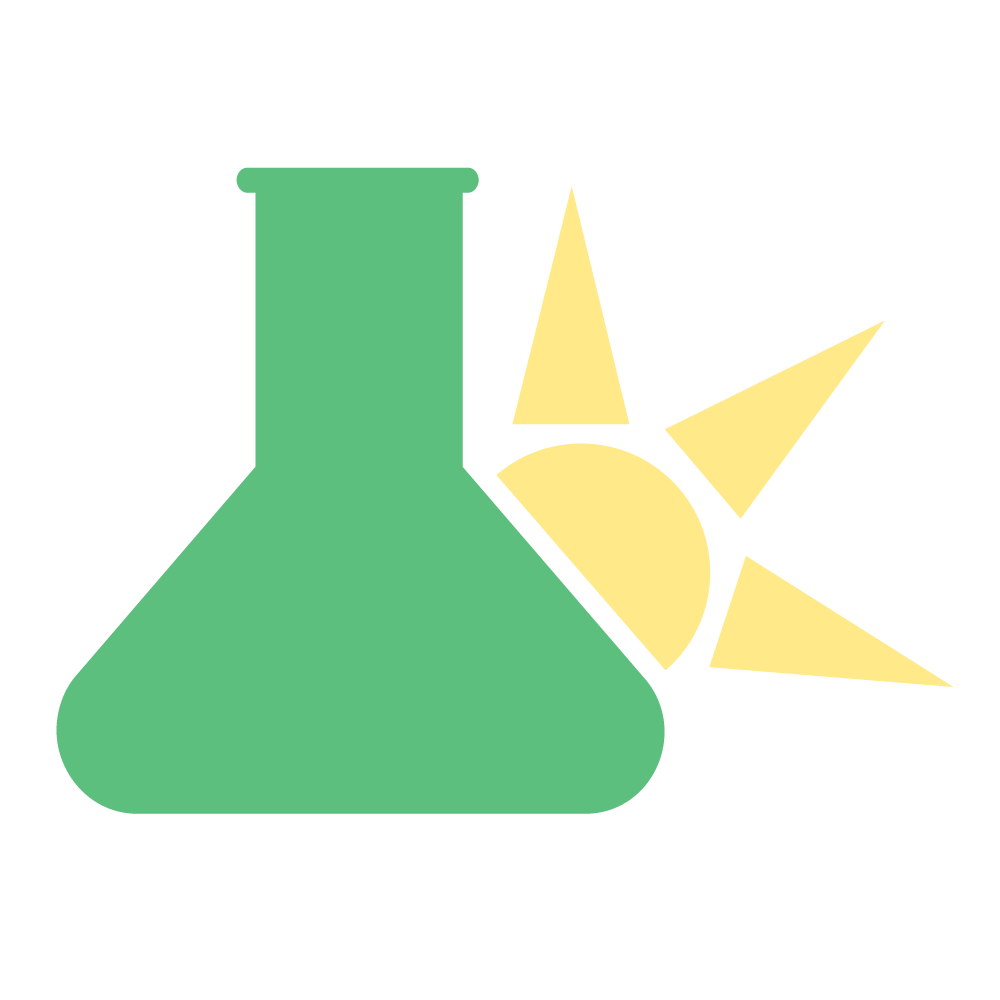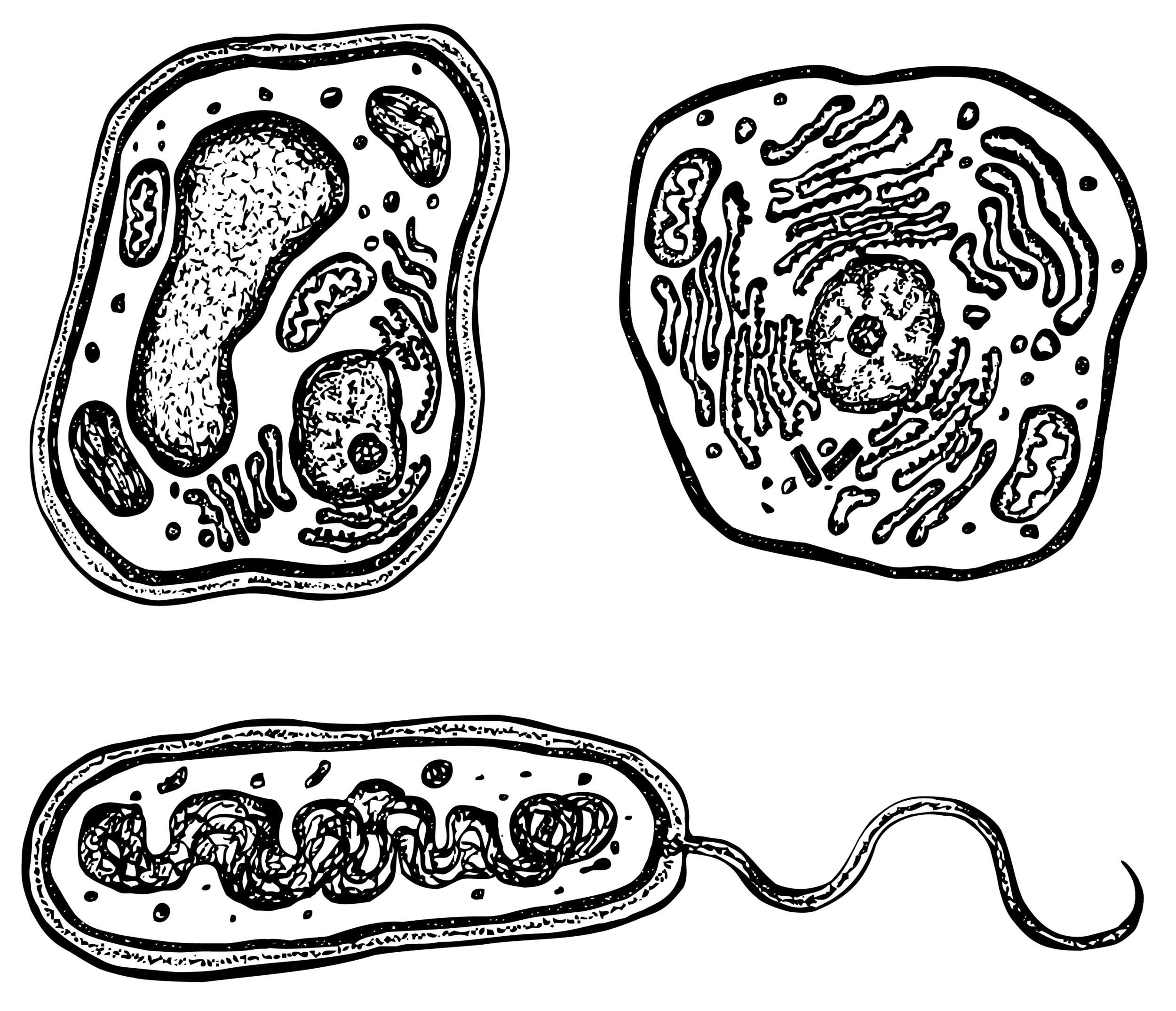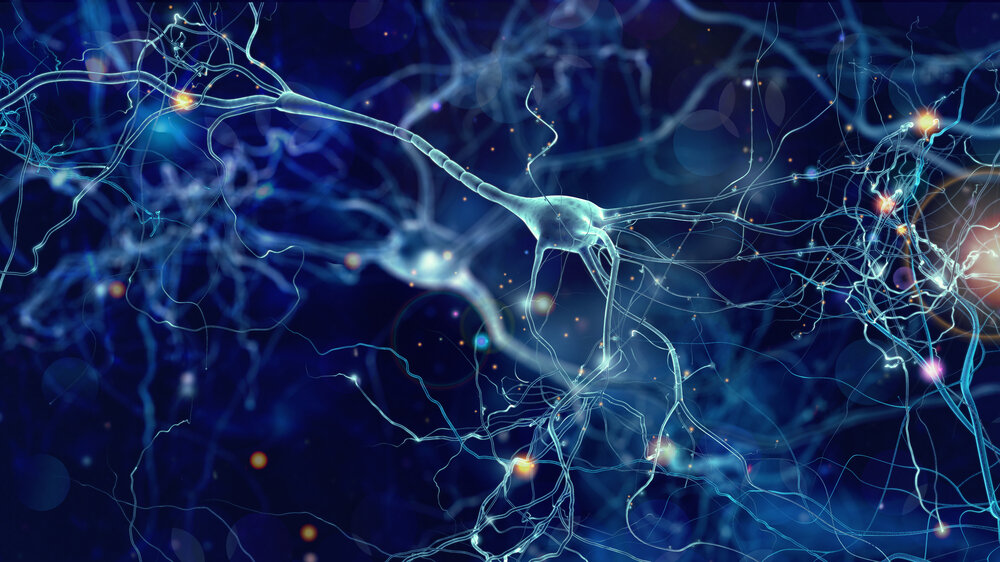What are Nootropics?
Want to improve your memory and concentration?
Most people do, which is why recently nootropics have become so popular in recent years.
The benefits of nootropics runs deep — improving learning speed and efficiency, increasing the creative though process, and potentially even offering support for cognitive diseases like Alzheimers and dementia.
In this article I’ll provide a primer on what nootropics are, how they work, and offer a few examples of nootropic herbs and supplements you should check out first.
Let’s start at the top.
What does “nootropic” mean?
Nootropics are a supplement that improves brain health and cognitive function. In order to qualify, a nootropic has to have no toxic effects on the brain, or other organs of the body.
The word nootropic essentially means “bendable mind” — referring to their ability to make the mind more adaptable.
Nootropic compounds are similar to adaptogens in that they provide a general improvement to the body — the difference being that nootropics are specific to the brain while adaptogens are specific to stress organs (which includes the neurological, adrenal, and cardiovascular systems).
There are many different types of nootropic substances — from nutraceuticals (isolated nutrients aimed to exert a specific effect in the body), synthesized amino acids, and plant extracts.
Are Nootropics Drugs?
The key here is that nootropics must exert a beneficial effect on the brain without any side effects or negative impacts.
Most pharmaceutical ADD or ADHD drugs do not fall into this category since they do in fact exert significant damage on the brain despite improving cognitive performance while under the influence of the drug.
Some nootropics are drugs — such as Modafinil, Adderall, or Noopept — however, there’s a lot of debate around whether or not we can classify these compounds as nootropics. The problem is that all of these compounds can harm the neurological system, which conflicts with the idea that a nootropic needs to be completely safe in order to qualify.
Most nootropics are nutritional compounds or herbal supplements.
Nootropic compounds have a greater effect over a long period of time and generally have lasting effects (compared to many ADHD drugs which need to be taken continuously and may instead damage brain health over long periods of time).
Herbs can offer nootropic benefit as well, since many of them have actions on cognitive function that act to normalize, balance, or regulate various actions in the brain, or offer the building blocks needed to make many of the neurotransmitters that are needed to function.
Common Applications of Nootropics
For athletic performance and recovery
As a study aid
Improve work focus
To improve language learning
Stimulating creativity
To manage mental stress
Prevent the onset of cognitive disorders such as dementia and Alzheimer's disease
How do Nootropics Work?
1. Increase Blood Flow to the Brain
By increasing the blood flow to the brain, your brain cells will have a better supply of energy in the form of glucose and ketones, as well as oxygen.
This also allows the damaging byproducts that occur naturally from the processes of your brain to wash away.
The buildup of these byproducts are associated with Alzheimers and dementia, as well as general cognitive decline if allowed to persist long enough.
Increasing blood flow to the cerebral arteries can greatly improve your thinking power and reduce the chances of cognitive disease later in life.
Examples Include:
2. Increase Acetylcholine Activity
Acetylcholine is one of the most important neurotransmitters in the whole body.
It’s responsible for muscle contractions outside of the brain, but inside the brain it acts in the prefrontal cortex to generate higher thought.
Acetylcholine acts as the mind-muscle connection and also helps us to store and retrieve memories from deep within the brain.
Examples Include:
Acetyl-L-Carnitine
Phosphatidylcholine
3. Increase Dopamine Activity
Dopamine is one of the main neurotransmitters when it comes to emotion. It works in careful balance with serotonin and other neurotransmitters to communicate messages all throughout the brain and body.
Dopamine is one of the key players in old memory retrieval, and new memory storage.
Examples Include:
4. Increase GABA Activity
GABA plays a role in pain transmission, as well as sleep patterns. It’s used as a popular treatment for young children suffering from ADHD. GABA also plays a role in memory and concentration.
Many pharmaceutical anti-anxiety medications rely on GABA to produce their effects — such as benzodiazepines and barbiturates.
In smaller doses, or with plants, increasing GABA generally promotes a sense of calmness and reduced anxiety. This can dramatically improve our focus, concentration, and general mood.
Examples Include:
Magnesium
Inositol
5. Increase Serotonin Activity
Serotonin has a lot of roles in the brain. Most people see serotonin as the happy chemical, but it’s also associated with learning, memory, and other aspects of our mood.
People with serotonin issues tend to have a harder time concentrating and storing new memories. They may also experience difficulty regulating mood and staying focused.
Examples Include:
St. John’s Wort
5HTP
6. Supporting the Regeneration & Health of Nerve Cells
Improving neuronal structure basically means giving the body all of the building blocks necessary to keep the brain structures functioning optimally.
Like the rest of the cells in the body, there’s a lot of maintenance needed to keep the system working at peak efficiency.
For example, there are dozens of supportive cells located throughout the blood stream and the brain that have the sole purpose of cleaning, protecting, or repairing the brain cells.
By providing these cells with the building blocks they need to function (such as omega fatty acids and B vitamins), your brain can maintain its optimal functioning levels.
Some nootropics, such as lion’s mane mushroom, may even be able to increase the activity of nerve growth factor (NGF) — which stimulates the production and repair of nerve cells through chemical messengers.
Examples Include:
Omega-3 fatty acids (especially DHA)
B-vitamins
Phosphatidylserine
7. Prevent Oxidative Damage in the Brain
We need oxygen to live. All of our cells use oxygen to facilitate the production of energy that powers our cells.
The problem is that oxygen is also slowly killing us...
The oxygen molecule has special characteristics that make it perfect for energy production, but also perfect for damaging other molecules. It does this by tearing electrons away from the surface of other atoms to keep them for itself. This renders the other atoms useless and can eventually kill the cell they’re a part of.
If enough cells die, the tissue dies. This is easy to see in aging skin. As the cells oxidize, the skin loses its rigidity and flexibility. This same thing can happen to the cells of your brain is unable to protect itself from oxygen or other free radical compounds that cause the same effect.
Many of the byproducts released from normal cellular activity also have these characteristics, which if not neutralized or cleared out can cause damage to the neurones of the brain.
By consuming foods high in antioxidants, we can reduce the damage caused by these chemicals and protect our precious neurons from damage.
Examples Include:
Resveratrol
Pterostilbene
Mitochondria drawing
8. Support Energy Production in the Brain
This one may seem a bit obvious — but it goes deeper than you might think. Providing the brain with energy means eating enough food, but it could also mean taking extra measures to ensure the powerhouse of the cells (mitochondria) is functioning at peak efficiency.
This basically involves giving the cells all the amino acids, minerals, and vitamins they need to do their job effectively.
Examples include:
Magnesium
L-carnitine
N-acetyl-cysteine
Vitamin C
Final Thoughts: Nootropics
Nootropics are an interesting field of study. There are hundreds of new publications investigating the role and potential applications of nootropics every year. There’s evidence that nootropics can help with chronic neurodegenerative disorders like Alzheimer’s disease, Parkinson’s disease, and dementia.
There are also some studies suggesting nootropics could become an alternative treatment to anxiety, depression, and addiction.
If you want to get started with a simple nootropics formula, I recommend starting with Alpha Brain — a combination of many of the nootropics mentioned in this post.
Author:
Justin Cooke
The Sunlight Experiment
Recent Blog Posts
Resources:
Greely, H. (2013). Some First Steps Toward Responsible Use of Cognitive-Enhancing Drugs by the Healthy The American Journal of Bioethics, 13 (7), 39-41 DOI: 10.1080/15265161.2013.795823
Gruneberg, M. and Morris, P.E. (1994). Theoretical Aspects of Memory, Volume 2, Routledge.
Heishman SJ, Kleykamp BA, & Singleton EG (2010). Meta-analysis of the acute effects of nicotine and smoking on human performance. Psychopharmacology, 210 (4), 453-69 PMID: 20414766
Rosenbaum RS, Gilboa A, & Moscovitch M (2014). Case studies continue to illuminate the cognitive neuroscience of memory. Annals of the New York Academy of Sciences, 1316, 105-33 PMID: 24871381
Villardita C, Grioli S, Lomeo C, Cattaneo C, & Parini J (1992). Clinical studies with oxiracetam in patients with dementia of Alzheimer type and multi-infarct dementia of mild to moderate degree.Neuropsychobiology, 25 (1), 24-8 PMID: 1603291
Wang JX, Rogers LM, Gross EZ, Ryals AJ, Dokucu ME, Brandstatt KL, Hermiller MS, & Voss JL (2014). Targeted enhancement of cortical-hippocampal brain networks and associative memory. Science (New York, N.Y.), 345 (6200), 1054-7 PMID: 25170153


















As COVID-19 continues to spread around the world, we’re getting a lot of questions on what the potential role of herbal medicine is during the outbreak. Learn how the virus works and how to limit your chances of transmission.